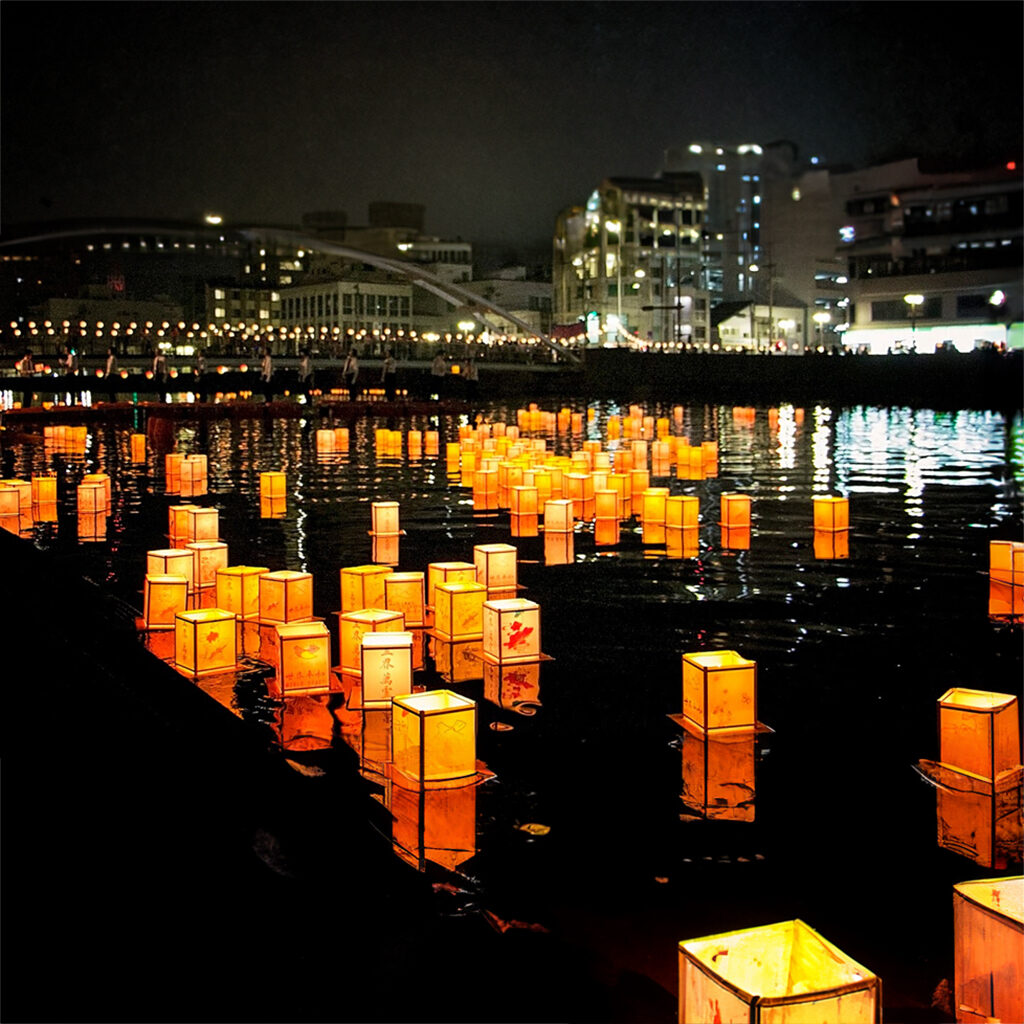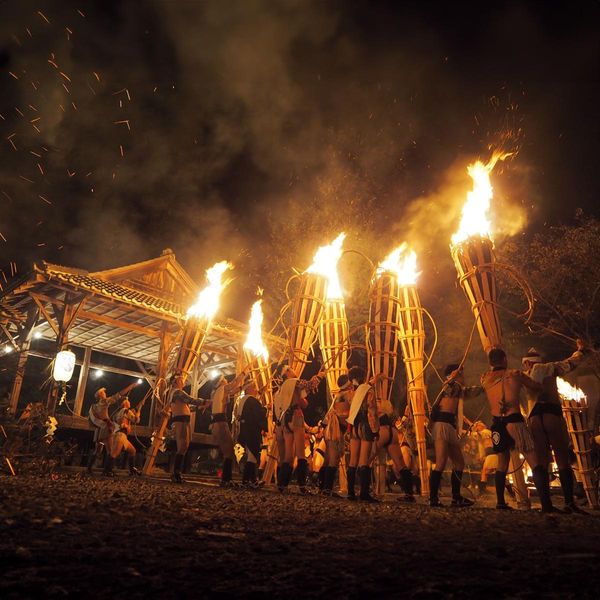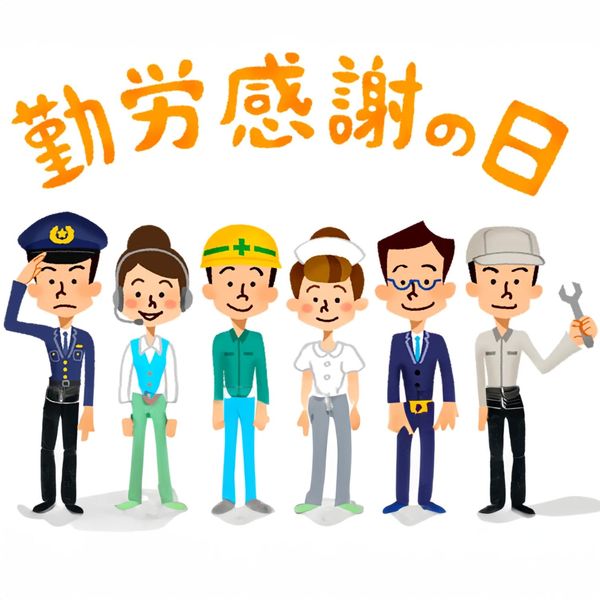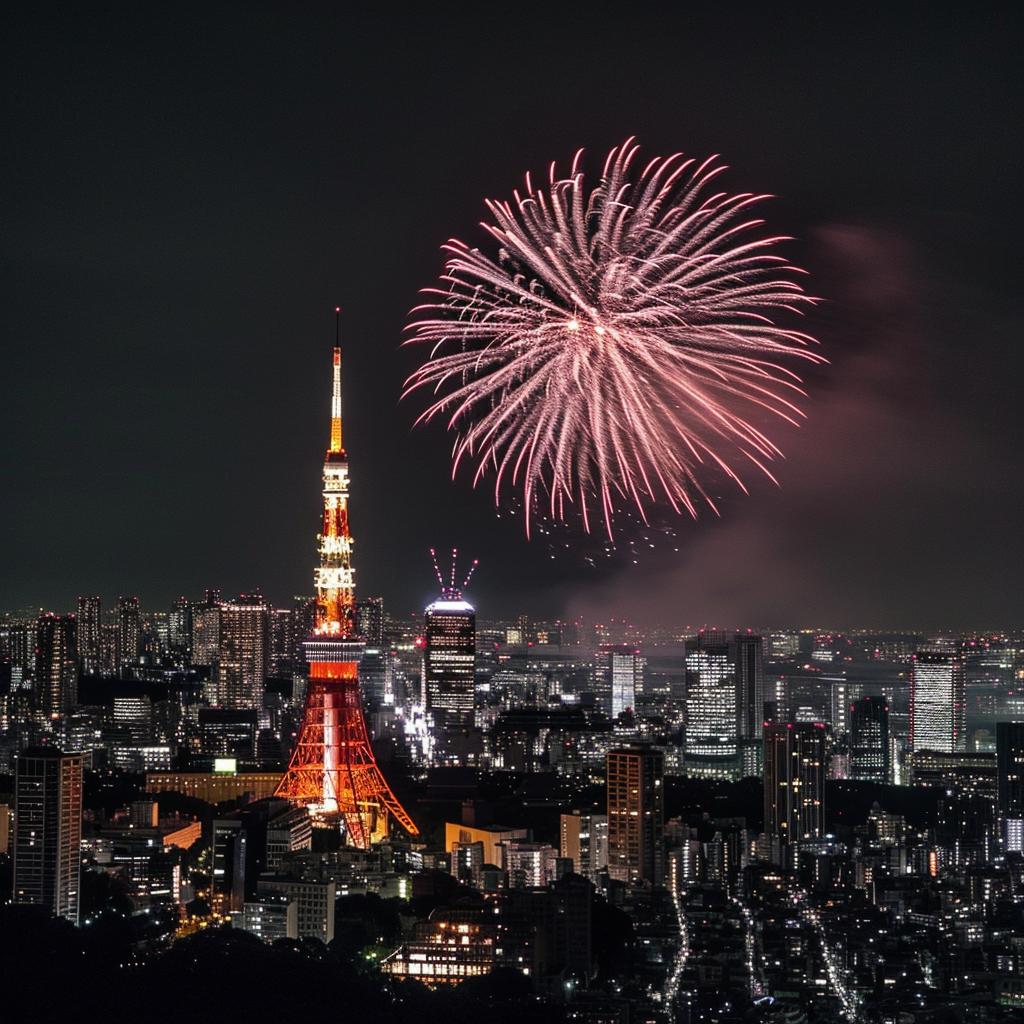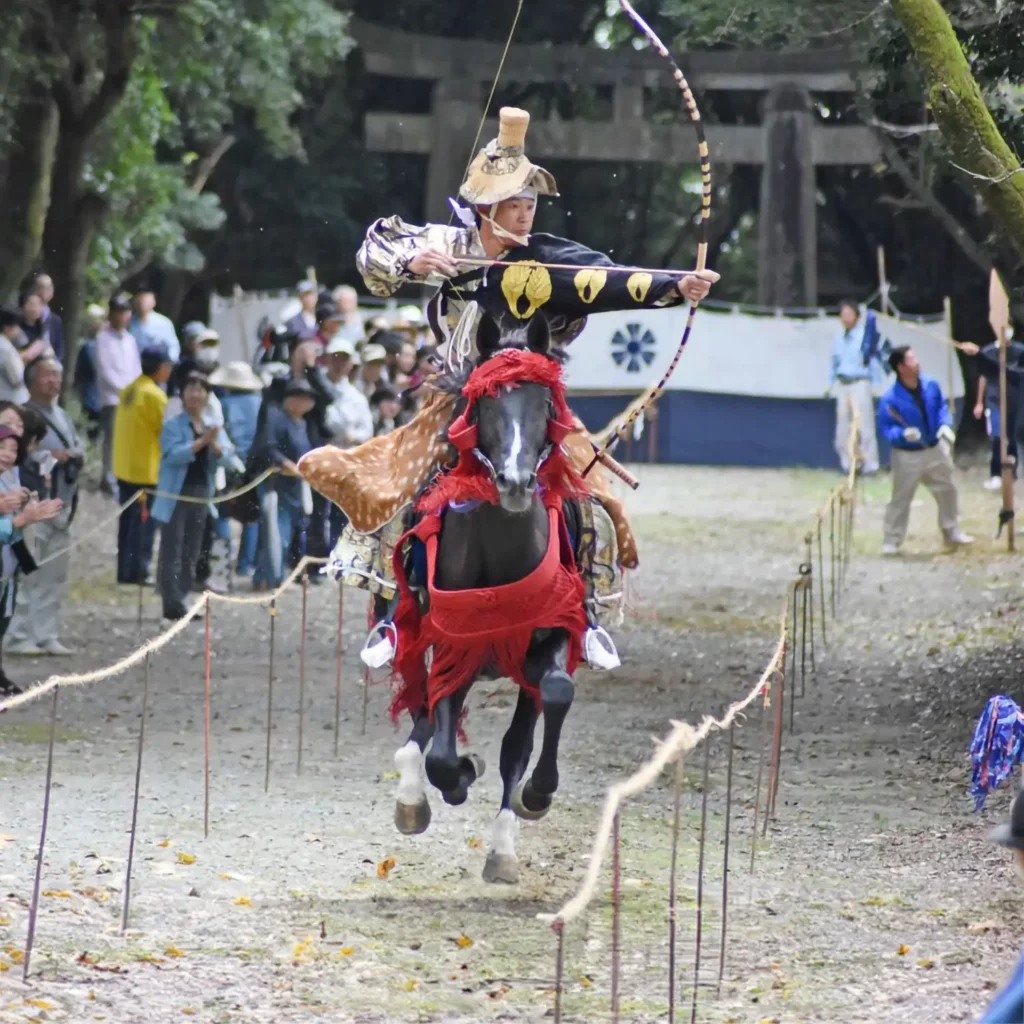At the heart of Japanese culture lies a time of spirituality and remembrance: Obon festival. This annual festival, also known as the “Feast of the Dead,” is a time of contemplation, religious rituals, and family reunions. This article explores the essence of Obon in Japan, exploring its origins, cultural and religious significance, and the rituals and celebrations associated with it.
Origin and Meaning of Obon festival
Obon has its roots in Buddhist and Shinto traditions. Its origins lie in the Amitāyurdhyāna Sutra, a sacred Buddhist text. According to this belief, the souls of ancestors temporarily return to earth during the Obon period to reunite with their families. The Japanese believe that the spirits of the deceased travel between worlds, resulting in a series of specific rituals and practices to welcome them.
Date and Durationof Obon
Obon is celebrated on different dates in different regions of Japan. The most common date is August 13-15, but some regions also celebrate the holiday in July or September. These dates vary depending on regional preferences and the calendar used (lunar or solar). Obon is often considered a five-day period. It includes three days of festivities (called “Obon-san”), plus a day before and a day after for preparations and farewells.
Rituals and Practicesof Obon
Obon rituals are rich in symbolism and emotion. Families clean and decorate the graves of their ancestors with lanterns and flowers to guide and welcome them. Families also decorate household altars, called butsudan, with offerings of food, flowers, and incense. In Buddhist temples, monks light stone lanterns called toro to guide the spirits. Among the most famous rituals is toro nagashi, during which participants release floating lanterns into streams to accompany the spirits of the deceased. Obon Festivals and Traditions
During Obon, communities organize local dances and festivals called “bon odori.” These dances, performed in circles, express gratitude to ancestors and celebrate their return. Participants wear traditional clothing such as yukata and participate in the festivities with joy and enthusiasm.
In Japan, the Obon festival is much more than just a time of remembrance. It is a time when religious and cultural traditions blend harmoniously to honor ancestors, reunite families, and celebrate life. The rituals, festivals, and practices surrounding Obon demonstrate the depth of Japanese spirituality and the importance of the bond between the living and the deceased. By participating in these celebrations, the Japanese honor their heritage while strengthening their ties with past generations.

